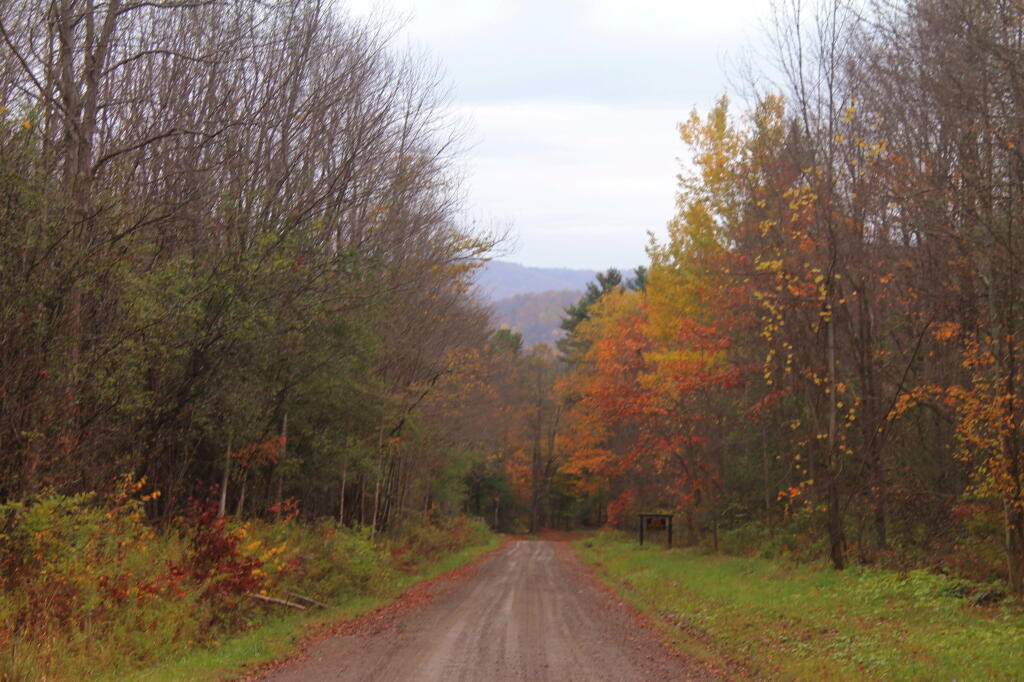Samuel Insull brought the world Commonwealth Edison of the greater Chicago area and the concept that monopolies were acceptable as long as they were regulated for the public good.
Commonwealth Edison made its profits two ways – by constant growth and by expanding the size of the generating plants so they could produce more electricity at a lower price per unit. After all, many of the costs of a generating plant are fixed – a larger facility can often put out more energy more efficiently.
With Commonwealth Edison and most large utility monopolies, prices are regulated by the government regulating agency on a cost plus basis. Capital projects like new generating facilities or additional lines are approved by the government, with the costs of construction directly paid by rate payers. Insull embraced this as it guaranteed his business would be profitable with little risk to himself.
The problem with this model is it shuns market forces to keep efficiency up and prices down. Regulators work to protect consumers but there is little incentive to economize or innovative in the grid. Why should a power company take a risk when they know they will get paid building the preferred government technology of choice?
I believe competitive markets are always a better idea than government monopolies. While everybody agrees that there has to be one owner of the physical wires that deliver power, there can be multiple companies that sell power and multiple companies that sell services to consumers. Competiton can help hold prices down and give consumers the option to switch providers that meet their needs.
